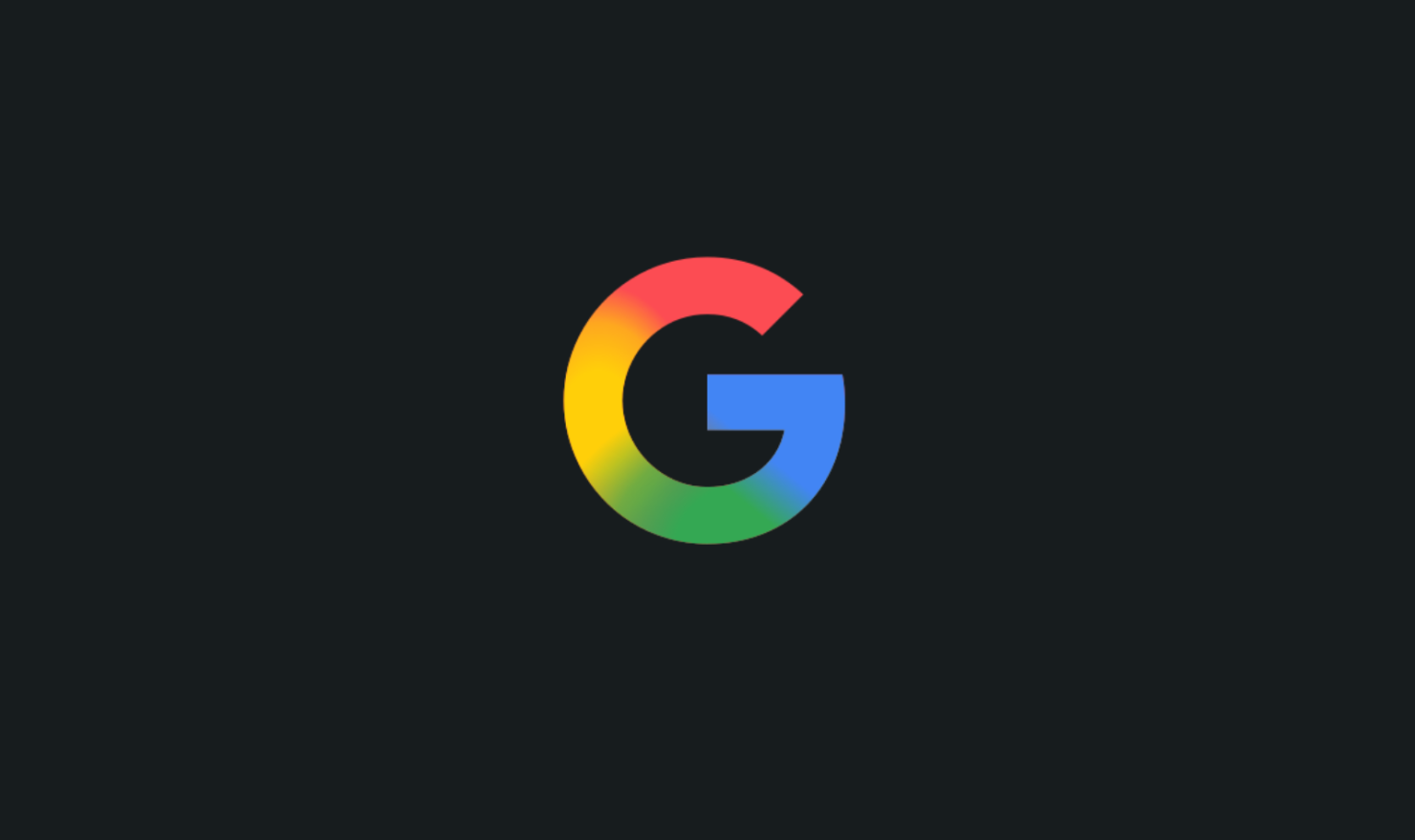Should I Use A Full-Service Or Specialist Agency?

So, you’ve decided you want to outsource some of your marketing activity. Great! Now, the inevitable question of ‘should I use a full-service or specialist agency?’ is bound to crop up, and we’re here to help…
Now before anyone accuses us of being biased (we are a specialist agency after all), we understand that it’s not about choosing between “better” or “worse,” but rather, it’s about embracing the specific skills and USPs of marketing agencies and harnessing their capabilities to achieve your marketing goals.
We spoke to PPC Executive, Ru, about the benefits of both, and what the decision making process should entail when it comes to deciding between working with a full-service or specialist agency.
How To Decide Between A Full-Service Or Specialist Agency
Having previously worked for a full-service agency, and now with my role at Circus PPC, I’ve had quite a bit of experience in both full-service and specialist agency environments. There’s not particular right or wrong, and rather, it’s about working out what’s best for a businesses’ overarching strategy, and what kind of agency is best equipped to assist in driving growth and results.
I’ll speak about the differences, capabilities, challenges, and communication of both types of agency, which will hopefully help you to decide whether you should be working with a full service or specialist agency.
Full-Service Or Specialist: Four Things To Consider
Differences
One of the most significant differences between full-service and specialist agencies is the ability to focus on the most beneficial parts of the work when it comes to client goals.
In a full-service agency, account managers focus on tasks across different mediums, which can be overwhelming and take time and effort away from what is most important and beneficial. Working in a specialised agency allows you to concentrate on specific areas, like PPC for search engines, leading to enhanced focus on specific activity for clients, improved output, and a better understanding of how accounts are performing.
For some clients, having a full-service agency manage all of their marketing activity regardless of medium could streamline communication and make for more understanding across different marketing channels. However, for expertise across one aspect of marketing and less confusion around marketing attribution, a specialist agency would be the way to go.
Capabilities
From an account management point of view, I do feel more productive working in a specialist agency where our time and energy is devoted to one medium (PPC), rather than spread across multiple. Additionally, when an agency does have a specialism, it means that everyone on the team is trained and experienced in that specialism, and colleagues can turn to one another for help and support when needed, or to assist with specific issues. Being in a smaller team or working solo in a full-service agency might not allow for this.
On the other hand, managing a variety of marketing activity for a client means that it’s easier to see the whole picture, including what may and may not be working for the client across a number of channels, rather than just one. It also means that marketing campaigns can be better aligned if needed, and asset-sharing/information sharing across different channels could be easier.
Ultimately these capabilities come down to communication, and as long as there is an efficient communication practices in place, then advertisers should be able to work with colleagues and/or fellow agencies to provide clients with the level of service expected.
Challenges
One of the biggest challenges that could come from working with a full-service agency could come from conflicting opinions and interests of different departments, who all naturally believe that their aspect of marketing is the most ‘important.’ This can take away from the what the client actually needs, and create internal issues that damage communication. Smaller full-service agencies might also have limited resource, requiring ‘specialists’ to jump from project to project rather than focusing on what they’re best versed in.
Specialist agencies deal with the challenge of potentially not having as much visibility over the ways in which different marketing channels are affecting performance, which can be best combatted by having strong and efficient communication in place with both their clients and other specialist agencies that clients could be working with.
Communication
In this field of work, effective communication is crucial, so it’s important to create and maintain open and clear channels.
Again, I’m not here to dictate that one type of agency is better than another, but there are some clear contrasts in the way that communication is prioritised and carried out within full-service and specialist agencies.
For example, a specialist PPC agency (which we are) is made up of exactly that, specialists – which means that the focus is PPC only, and that will always be the priority and topic matter. It also makes communicating with colleagues easier and more productive, as this can include knowledge sharing and support from fellow experts.
Unlike specialist agencies, full-service agencies are focused one more than one type of marketing activity at once, so there is the opportunity for wires to get crossed when discussing the different aspects of marketing. However, due to various types of marketing departments operating ‘under one roof,’ communication around different marketing activity could (hopefully) be quick and easy, and beneficial for if activity is aligned across different channels.
So, when it comes to choosing between working with a full-service or specialist agency, always ensure that the final decision is aligned with your preferred way of working as a business, and what best aligns with your goals in the long run. If you do want to find out more about what we, as a specialist PPC agency, can do to help your business, please contact us here or email info@circusppc.com





